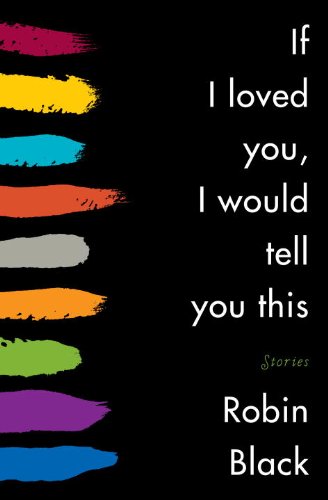If you’re a female between the ages of 13 and 45 and your love of fantasy and science fiction wasn’t completely stomped to pieces by the Twilight franchise, you’ve probably already devoured The Hunger Games and have a likeness of the protagonist on your computer desktop. If you aren’t in that demographic and value strong characters, vivid alternative realities, and unapologetic underdog stories, the first book of The Hunger Games trilogy offers an arresting summer read.
Synopsis
The Hunger Games begins with the first person, present-tense narrative of Katniss Everdeen, a 16 year old woman living in the 12th district of the post-apocalyptic country of Panem. She’s a bit bitter, pig-headed, and armed to the teeth, though the latter is accomplished on the sly, because The Capital likes to keep the regular folk in check with the threats of violence and a perpetual state of near-starvation.
 Katniss uses her analog weaponry (bows, arrows, knives, snares) to go hunting in the woods just beyond her district to feed her mother and sister. In true storybook fashion, her saintly father had taught her these skills but was killed off in a mining accident, leaving her mother comatose and unable to care for her two daughters; the entire district remains too poor and completely unable to lend a hand.
Katniss uses her analog weaponry (bows, arrows, knives, snares) to go hunting in the woods just beyond her district to feed her mother and sister. In true storybook fashion, her saintly father had taught her these skills but was killed off in a mining accident, leaving her mother comatose and unable to care for her two daughters; the entire district remains too poor and completely unable to lend a hand.If living on the brink of starvation wasn’t a big enough F-U to the people of Panem, the Capital overlords keep an even bigger leash on the people by holding the Hunger Games, an annual event pitting one male and one female teenaged “tribute” from each of the twelve districts in a fight to the death. A televised, must-see-TV fight to the death. Harvested at random through a lottery, it’s “supposed” to be noble to participate in the Games, but obviously no one is too thrilled when the annual reading of names rolls around.
Katniss’s angelic younger sister Prim gets chosen, but Katniss volunteers to take her place. Using the survivalist skills she’s honed over the years hunting and keeping her family alive, Katniss takes to the Hunger Games in an emotionally fraught battle for survival.
Rating
The Hunger Games
by Suzanne Collins
Story—8.8
Suggested to me by a 30+ year-old male friend, never has the story of a teenaged girl’s struggle with high expectations, growing up, and first loves been so completely universal—and, let’s face it, badass. If there’s a struggle to get young boys and men to connect with female protagonists, I suggest The Hunger Games be required reading for middle school classes. Throw out those beat-up copies of Jacob Have I Loved and let the guys connect with a girl who can stand up for herself.
Style—7.5
The writing is filled with technical flaws. It’s difficult to read past the present tense verbs, and character development relies pretty heavily on the narration telling you things about each character rather than having personality traits divulged through action. Essentially, everything is told rather than shown. Additionally, since the world of Panem is entirely fictional and loosely based in reality, new “outs” are created on the fly, which can be beyond frustrating for readers used to more technically flawless books.
General—9.17
This book is difficult to put down. Because of the life-and-death nature of the conflict, the story is cinematic and very compelling. Collins is a young-adult and children’s book writer. Adults will have no problem breezing through the novel, and the content should be considered PG-13 for the gruesome demises of major characters.
Overall: 8.49
Make sure you have a free 24 hours to read this book from cover to cover!
 Fun & Games serves as a kind of love-letter to LA noir and a wake to its history, embedded deeply in the Hollywood Hills. Swierczynski's excitement for the genre bleeds through his prose with a ferocious, whirlwind, almost ravenous energy that engulfs the reader with no apologies, from the epigraphs (quoted from film noir classics and more) to the biting, cynical criticisms of the film/media/LA industries.
Fun & Games serves as a kind of love-letter to LA noir and a wake to its history, embedded deeply in the Hollywood Hills. Swierczynski's excitement for the genre bleeds through his prose with a ferocious, whirlwind, almost ravenous energy that engulfs the reader with no apologies, from the epigraphs (quoted from film noir classics and more) to the biting, cynical criticisms of the film/media/LA industries.